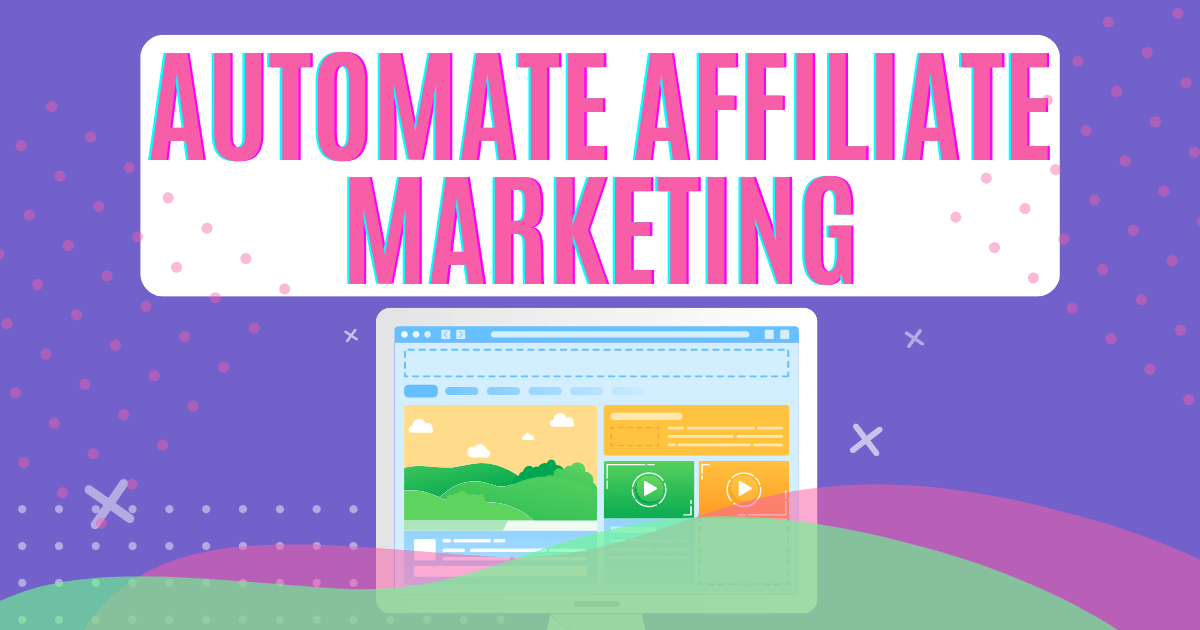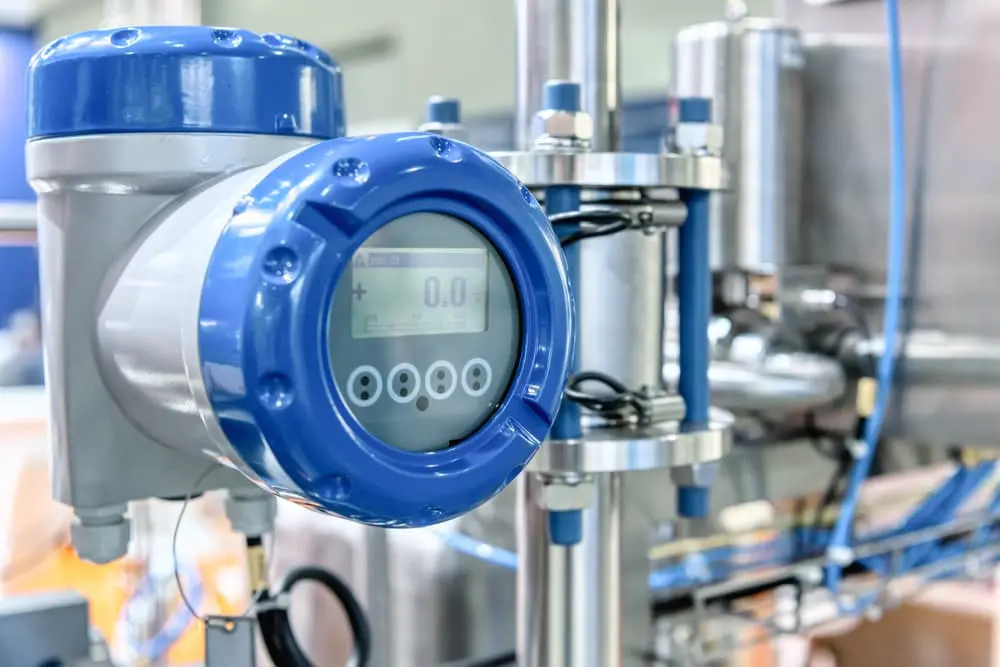
Affiliate Marketing has become a lucrative avenue for individuals and businesses alike to generate passive income. However, as competition intensifies and consumer behaviors evolve, simply relying on traditional methods may not suffice. To stay ahead in the affiliate marketing game, automation has emerged as a key strategy. By leveraging automation tools and techniques, marketers can streamline their efforts, optimize workflows, and enhance their overall efficiency. Here’s a comprehensive guide on how to automate affiliate marketing effectively:
- Identify Your Goals and Audience: Before diving into automation, it’s crucial to have a clear understanding of your objectives and target audience. Define your niche, research your audience’s preferences, and establish measurable goals to guide your automation efforts effectively.
- Choose the Right Affiliate Programs: Selecting the right affiliate programs is essential for success. Look for programs that offer products or services relevant to your audience and provide reliable tracking and reporting mechanisms. Many affiliate networks offer automation-friendly features, making it easier to integrate with automation tools.
- Utilize Affiliate Management Platforms: Invest in affiliate management platforms like Impact, ShareASale, or CJ Affiliate (formerly Commission Junction). These platforms offer advanced tracking, reporting, and payment processing capabilities, streamlining your affiliate marketing operations. They often provide APIs and integrations with popular automation tools for seamless workflow automation.
- Implement Email Marketing Automation: Email marketing remains a powerful tool in affiliate marketing, but manually managing email campaigns can be time-consuming. Leverage email marketing automation platforms such as Mailchimp, ConvertKit, or ActiveCampaign to automate subscriber management, segmentation, and personalized email campaigns. Use automation triggers such as subscriber sign-ups, purchases, or abandoned carts to send targeted affiliate promotions.
- Optimize Content Creation and Distribution: Content is king in affiliate marketing, but creating and distributing content manually can be overwhelming. Explore content creation tools like Canva, Grammarly, or BuzzSumo to streamline content creation processes. Schedule content publication using social media management tools like Buffer or Hootsuite to maintain a consistent posting schedule across multiple platforms.
- Implement SEO Automation: Search engine optimization (SEO) is critical for driving organic traffic to your affiliate site or blog. Automate SEO tasks such as keyword research, on-page optimization, and backlink monitoring using tools like SEMrush, Ahrefs, or Moz. These tools offer insights and recommendations to improve your site’s visibility in search engine results pages (SERPs) efficiently.
- Deploy Chatbots for Customer Support: Enhance user experience and support affiliate conversions by deploying chatbots on your website or social media channels. Chatbots can handle frequently asked questions, provide product recommendations, and even facilitate purchases seamlessly. Platforms like Chatfuel, ManyChat, or Drift offer user-friendly interfaces for creating and deploying chatbots with minimal coding knowledge.
- Monitor and Analyze Performance: Continuous monitoring and analysis of your affiliate marketing performance are essential for optimization. Utilize analytics and reporting tools like Google Analytics, affiliate network dashboards, or dedicated tracking platforms to gather insights into traffic sources, conversion rates, and revenue generated. Set up automated reports and alerts to stay informed about key metrics and performance trends.
- A/B Test and Iterate: Experimentation is key to refining your affiliate marketing strategies. Conduct A/B tests on various elements such as landing pages, calls-to-action, or email subject lines to identify what resonates best with your audience. Automate the A/B testing process using tools like Google Optimize or Optimizely to efficiently iterate and optimize your campaigns for maximum effectiveness.
- Stay Updated and Adapt: The digital marketing landscape is constantly evolving, with new trends, technologies, and regulations emerging regularly. Stay updated with industry news, algorithm changes, and best practices to adapt your automation strategies accordingly. Join affiliate marketing communities, forums, or attend conferences to network with peers and stay ahead of the curve.
Automation offers tremendous opportunities to streamline and optimize affiliate marketing efforts, allowing marketers to focus more on strategy and creativity rather than tedious manual tasks. By implementing the strategies outlined above and leveraging automation tools effectively, marketers can enhance their efficiency, drive more conversions, and ultimately achieve greater success in the competitive world of affiliate marketing.






